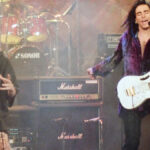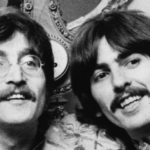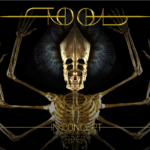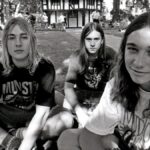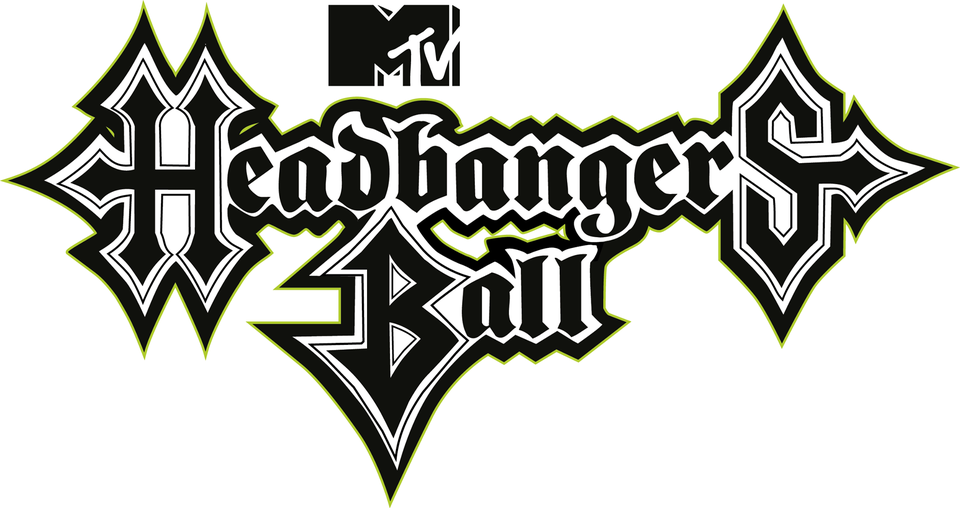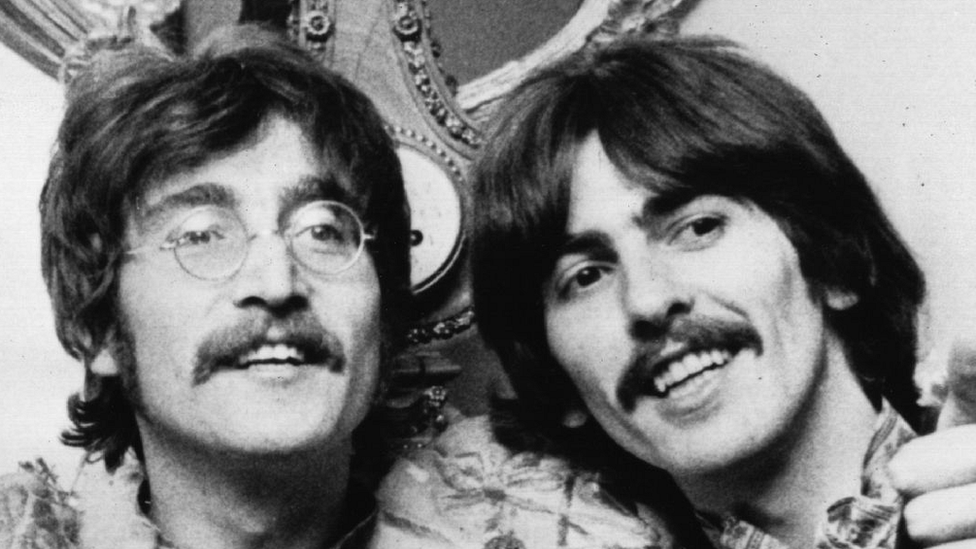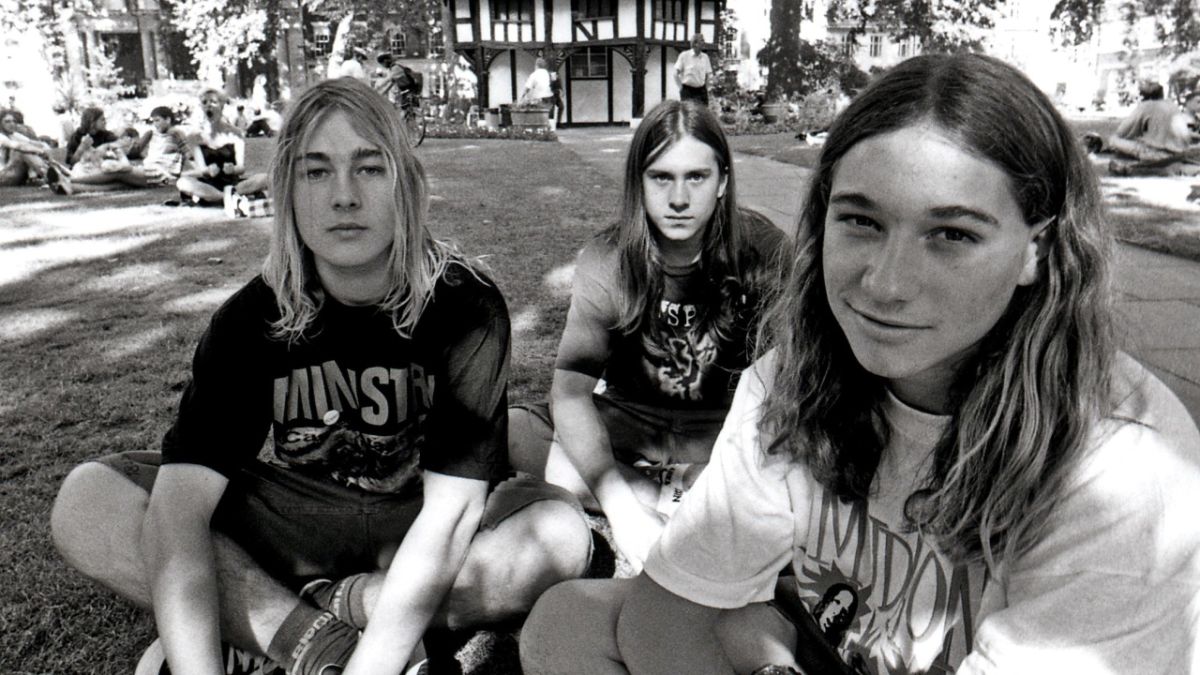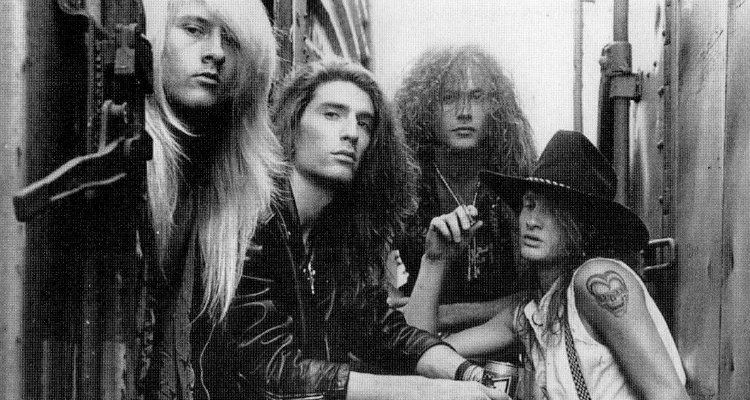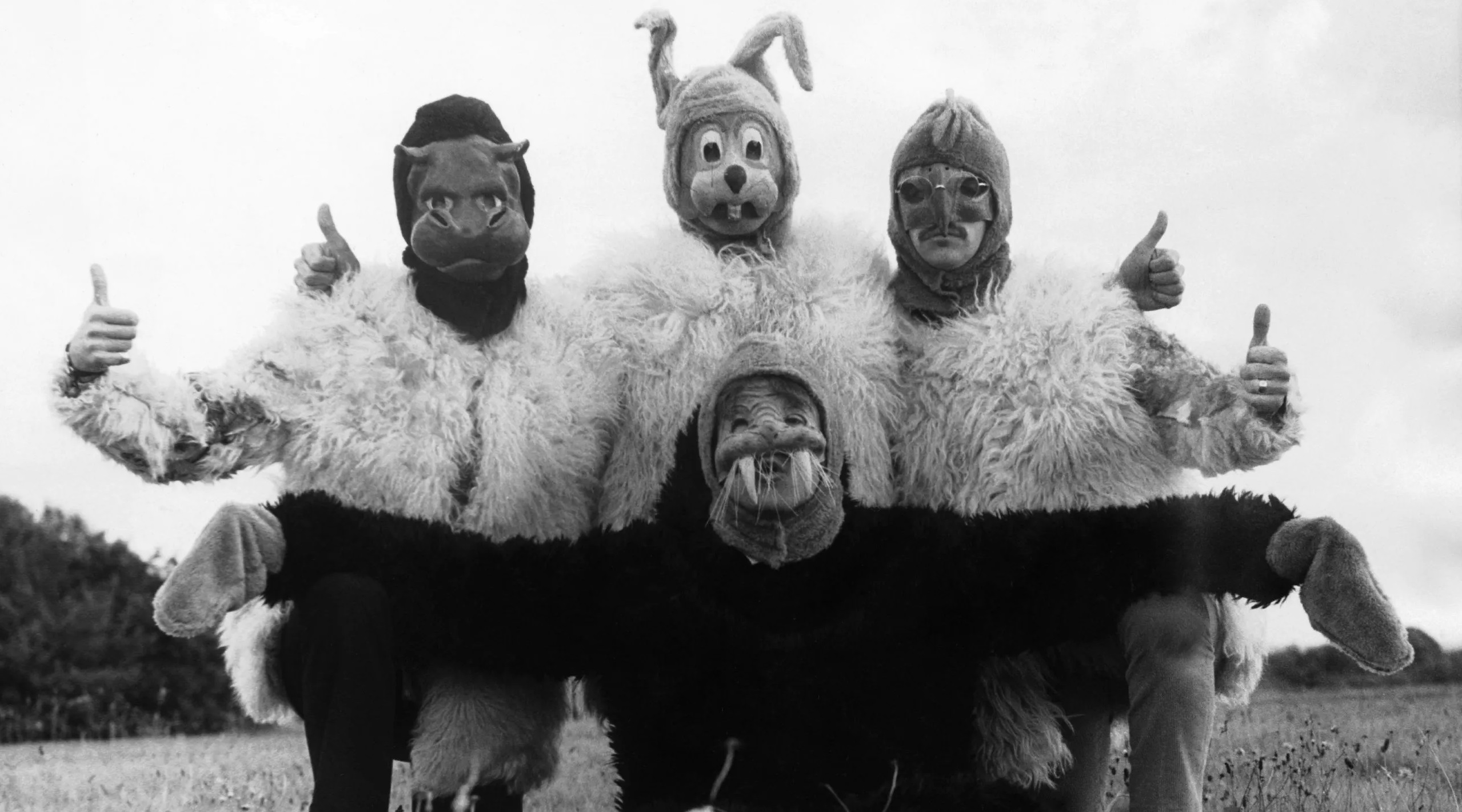Unveiling the Headbangers Ball Phenomenon
If you were a teenager or young adult in the late ’80s or early to mid-’90s, Saturday nights probably meant tuning into MTV’s iconic “Headbangers Ball.” This heavy metal show became a cultural phenomenon, running for eight memorable years and introducing mainstream audiences to the world of heavy and hard rock music. But the journey of “Headbangers Ball” was far from straightforward, with MTV’s constantly changing landscape and conflicting views on metal music.
The Conflicting Era of MTV: 1985 and the PMRC Debate
In the early ’80s, MTV was a hotbed for metal and hard rock music, with bands like Iron Maiden gaining success despite limited exposure on the network. However, in 1985, MTV’s CEO, Bob Pittman, announced a shift away from metal, claiming it was a passing fad. This move coincided with the rise of the Parents Music Resource Center (PMRC), which targeted hard rock and metal acts, alleging that their music negatively influenced youth.

MTV began reducing its metal video rotations, despite contradictory data indicating the genre’s popularity. It seemed MTV was more concerned with appeasing advertisers and avoiding controversy than serving its audience.
The Rise of “Heavy Metal Mania” and MTV’s Rebirth
The pushback from fans and musicians led to the creation of “Heavy Metal Mania,” a show dedicated to metal bands, hosted by Dee Snider. However, this show had a short run due to financial disputes. By the mid-’80s, MTV was facing questions about its relevance. To regain its edge, the network launched “120 Minutes,” focusing on alternative acts. Eventually, this formula made its way to metal as MTV’s playlist underwent significant changes. Bob Pittman left MTV, and the network embraced metal once again, restoring its credibility. MTV’s “Heavy Metal Mania” aired its first episode in 1987, hosted by Lemmy and Phil Taylor of Motorhead. This marked the beginning of “Headbangers Ball,” which featured a diverse range of bands, from Bon Jovi to Anthrax, and became a beloved show for metalheads.
Riki Rachtman’s Reign and the Unexplained End
In 1990, Riki Rachtman, owner of the LA Club the Cat House, became the host of “Headbangers Ball.” His tenure brought more personal connections with bands, but criticism from fans regarding video choices persisted. As the ’90s rolled on, the show expanded beyond just playing music, including man-on-the-street segments, band tours, contests, and interviews.

However, the mid-’90s brought changes as the show started featuring a wider range of bands, including punk groups. Fans’ displeasure with this shift and a letter mishap, in which Rachtman criticized MTV’s programming choices, led to his unceremonious departure in 1995. Three theories emerged regarding the show’s end: irrelevance, the letter incident, and a feud with Stone Temple Pilots.
The Legacy of “Headbangers Ball”
Despite its mysterious end, “Headbangers Ball” left an indelible mark on the world of metal music and MTV’s history. It introduced countless fans to iconic bands and moments that remain cherished memories. While attempts to revive the show fell short, the original “Headbangers Ball” remains a legendary chapter in the world of heavy metal television.
The European Headbangers Ball and MTV’s Reunion with Riki Rachtman
The cancellation of “Headbangers Ball” in the U.S. did not mark the end of the show entirely. The European version of “Headbangers Ball” continued for several more seasons, proving the enduring global appeal of the genre. Riki Rachtman, who had been an integral part of the show’s success, continued to reach out to MTV, proposing the idea of shooting a final episode to bid farewell properly. Rackman even offered to work for free to make it happen. However, MTV continually declined his requests.
In 2003, an unexpected call from MTV brought a glimmer of hope. The network decided to bring the show back, albeit with a new host. Rachtman suggested Jamie Jasta from Hatebreed as a suitable host, but MTV opted for someone else. Despite their differences, this reboot just couldn’t recapture the magic of the original “Headbangers Ball.” It aired on MTV2, and subsequent spin-offs failed to replicate the show’s earlier success.
Exploring the Theories Behind the Cancellation
The end of “Headbangers Ball” remains shrouded in mystery, with various theories attempting to explain its demise. One theory suggests that the show simply lost its relevance, as it started playing the same videos that aired during MTV’s prime-time hours. Riki Rachtman believed that the show should have showcased more obscure songs from popular bands. In January 1995, a letter mishap occurred when Rachtman criticized MTV’s programming choices. A letter he wrote with the wrong address was returned to MTV’s offices, forwarded to higher-ups, and allegedly contributed to Rachtman’s dismissal. This incident led to speculation that a single letter could have ended the show’s run.
Another theory revolves around a feud with Stone Temple Pilots (STP). According to Rachtman, during one episode, the Butthole Surfers made a comment about STP, which offended the band. STP, who were sensitive to criticism at the time, caused a stir and even canceled several planned appearances. Rachtman personally reached out to the band and apologized, but the incident left a lasting negative impression, especially with Atlantic Records, STP’s label. Allegedly, connections between the label and MTV’s higher-ups influenced Rachtman’s dismissal.
Conclusion: The Undying Spirit of “Headbangers Ball”
While the reasons behind the cancellation of “Headbangers Ball” may remain a mystery, one thing is certain: the show’s legacy lives on in the hearts of metalheads around the world. It was a groundbreaking platform that introduced countless fans to the powerful and energetic world of heavy metal music. “Headbangers Ball” continues to hold a special place in the history of MTV and the broader cultural landscape, reminding us of a time when heavy metal ruled the airwaves.

